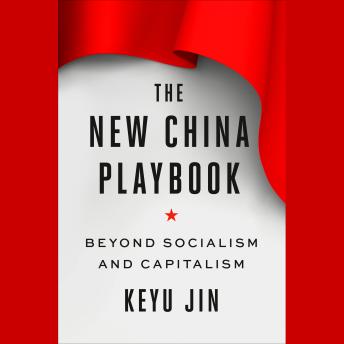LIKE many Malaysians, I often have to remind my colleagues, neighbours and friends that chat groups are not the best place to discuss politics, especially topics on race relations and religion.
Some of us often forget that participants in chat groups may not necessarily share the same sentiments and enthusiasm. Chat groups are created for specific agendas and purposes, but we do go off-track sometimes.
The workplace is no different. Divergent opinions can lead to creativity and better ways of doing things once a consensus is reached. However, it can also result in strong disagreements and even conflict, potentially breaking a team.
As managers, we are familiar with such situations. Managers must always think about how best to manage divergent opinions in professional settings.
As we come to the end of 2024 and brace for an uncertain 2025, in times of political upheaval, such as the new US president and increased geopolitical tensions affecting every region in the world, it is also a good time to focus on managing our backyard.
With 2025 on the horizon, it is a good time to focus on managing our backyard
The bigger challenge requiring managers’ attention in 2025 is the march of AI
AI will impact every department and section, with no exceptions
Being respectful and professional is always key, according to the Chartered Management Institute’s (CMI) tips for managers – be brave enough to shut down conversations if they make some colleagues feel uncomfortable.
It is important to remind teams that the workplace is not always the best place for heated political discussions, especially if they prove unproductive and inconsequential to work.
The bigger challenge requiring managers’ attention in 2025 is the march of artificial intelligence (AI) in the workplace. Forget about scheming and untrustworthy politicians.
AI is the number one priority – the better it is managed, the more likely organisations are to adopt it successfully and avoid potential pitfalls. The good news is that the Malaysian Employers Federation (MEF) believes that a significant portion of companies in Malaysia are proactive in this regard.
MEF president Datuk Syed Hussain Syed Husman cites the Cisco AI Readiness Index survey conducted in November last year, which revealed that 46% of Malaysian organisations are prepared to adopt AI technology in line with the Fourth Industrial Revolution (IR 4.0). The study indicated that 13% of these entities are fully ready, with an additional 33% classified as partially ready.
For AI to take off, the positive impact of management and leadership on organisational performance is well-documented, including by Haskel et al (2007) in the United Kingdom and Bloom et al (2010), which found better management led to productivity increases of 13% to 17%.
Data from the UK’S Office of National Statistics shows that companies with high management practices are significantly more likely to drive tech and AI adoption. The research found that companies with top-tier management scores are significantly more likely to adopt AI (37% in the top decile compared to just 3% in the bottom) and to recognise its relevance.
While only 32% of top-performing companies see AI as inapplicable, this figure rises sharply to 74% among those with lower management scores.
However, CMI research reveals that anxiety around AI technologies remains widespread, with over two in five (44%) UK managers reporting concerns raised by colleagues and direct reports about new and emerging AI tools within their organisations.
Alarmingly, fewer than one in 10 managers (9%) believe their organisation is adequately equipped to work with AI, with most receiving little to no training on how to manage or integrate these technologies effectively.
Researchers have found that managers will increasingly play a critical role in interpreting Ai-generated insights, ensuring these align with organisational goals, and making judgment calls that require human intuition and ethical consideration.
AI will impact every department and section, with no exceptions. For the human resources manager, they will need to determine whether AI is writing recruits’ curriculum-vitae and cover letters.
If so, should this be a cause for concern? Are graduates making themselves more attractive to employers by demonstrating a willingness to use AI? Or does this come across as lazy or lacking in creativity?
What does it tell potential employers? Is it deceitful or clever? And should employers be using Ai-detection software?
For news editors in TV studios and newsrooms, shouldn’t they be leading the charge to use AI to eliminate tedious work, allowing staff to focus on creativity and more purposeful tasks?
As we end the year, some companies are still struggling with hybrid working.
It is safe to say that most Malaysian employers have insisted their staff return to the office physically.
This will also be the last year when public listed companies are allowed to conduct annual general meetings for shareholders solely online.
Beginning next year, public listed companies must have physical annual general meetings, with online participation as an additional option.
As we approach the fifth anniversary of the pandemic, the challenge for 2025 will be for managers to ensure they get it right.
For Malaysian managers still holding on to the hybrid workplace, they would know by now if it is still effective. - WONG CHUN WAI Award-winning veteran journalist and Bernama chairman
Related:







